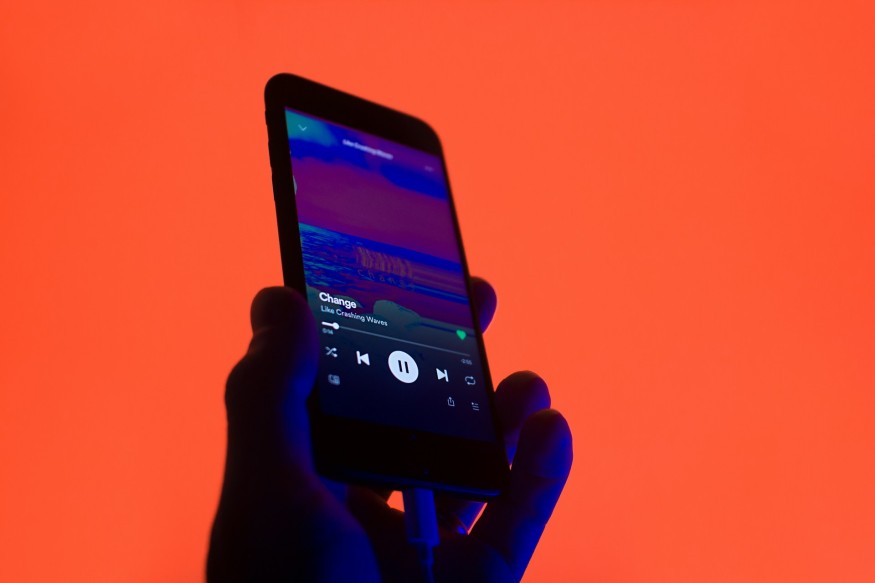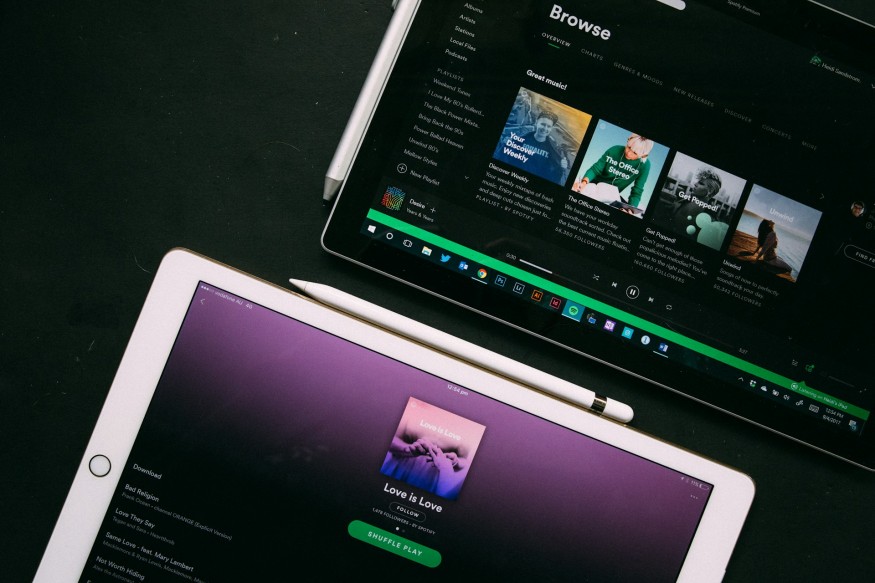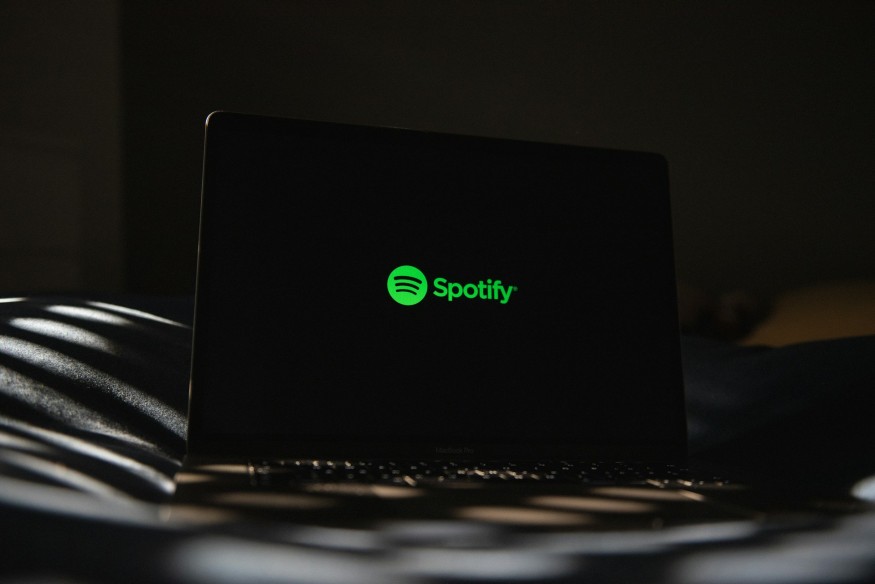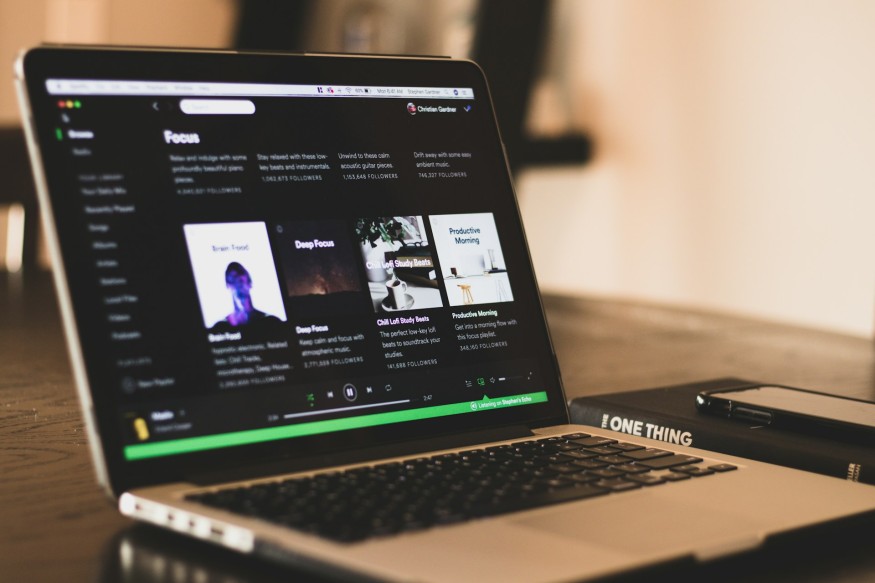Spotify Caught Running ICE Recruitment Ads Offering Massive Bonuses
Why are users boycotting Spotify over controversial ICE recruitment ads?

A seemingly innocuous advertisement has ignited a firestorm of controversy for one of the world's biggest music streaming platforms, Spotify.
Imagine settling in for your favourite playlist, only to have the mood shattered by an audio spot urging you to 'join the mission to protect America' by becoming an agent for the U.S. Immigration and Customs Enforcement (ICE). That is exactly what has been happening to countless Spotify users, prompting a wave of cancellations and public outrage.
The ad campaign, run by the U.S. Department of Homeland Security (DHS), has caused a significant backlash, pushing many listeners to not only complain on social media but to boycott Spotify entirely. The platform is now grappling with the consequences of hosting advertising for an agency that has become a lightning rod for debate around U.S. immigration policy.
Lucy Atkinson, associate professor at the Moody College of Communication at The University of Texas at Austin, told Newsweek: 'Consumer boycotts are a staple of American politics, starting with the Boston Tea Party up to today's boycotts of Coors, Disney, Target, Chick-fil-A, Walmart, etc. For consumers, boycotts can be an appealing form of civic engagement from both sides of the political spectrum. And yet the efficacy of a boycott remains uncertain.'

The Controversy: Is Spotify Running ICE Recruitment Ads?
Reports of jarring recruitment spots began emerging at the end of last week, quickly spreading across platforms like Reddit, TikTok, and X. Users on the free, ad-supported tier of the Spotify app were hearing calls for new ICE recruits injected into their listening sessions.
TikTok user miss.mia777 posted: 'I get an ad and it starts with, 'millions of dangerous illegals are rampaging the streets. Join ICE today.' I don't pick up my phone while driving. I picked up my phone with a quickness and deleted the app.'
This young woman was far from alone. Recordings of the audio were also shared, including a clip featuring a male voice-over that detailed the benefits new recruits could receive, such as a substantial '$50,000 signing bonus.'
It is worth noting that Spotify is not the only media platform running the ICE advertisements; HBO and YouTube have also featured the recruitment spots, while the DHS itself has consistently posted similar material on its social media channels with messaging focused on 'protecting America' or 'defending the homeland.'
The federal government has a long, documented history of advertising, including recruitment drives that stretch back more than a century, Atkinson explained.
She said of a campaign adapted in part by today's DHS: 'Perhaps the most memorable advertising product was the Uncle Sam 'I want you for the US Army' poster. The campaigns were very successful at bolstering support for the war and encouraging recruitment. But after the war ended, Americans started to question whether the advertising had gone too far and if it was too effective at engendering animosity for the enemy, at fostering excessive patriotism and at encouraging violation of civil liberties.'
The associate professor added that federal government spending on advertising is now roughly $1.8 billion annually, more than double the amount spent in 2018. While the Department of Defence spends the largest portion, DHS spending, particularly on recruitment for agencies like ICE, is growing, with a projected budget of $380 million this year.

Why The Outcry Over Spotify's ICE Ads?
As reports of the recruitment campaign spread, some Spotify users went directly to the company's community forum to express their strong disapproval.
One user posted: 'Is Spotify running advertising for ICE or Border patrol recruitment? If I see 1 ad for such nonsense, I will be cancelling my Spotify accounts and will encourage all others to do the same.'
Free users confirmed they had heard the ads, but the anger was such that many paying subscribers also announced they would cancel their accounts in a show of solidarity.
A community member posted: 'I am also cancelling my subscription. Ludicrous that anyone is posting ads for ICE. What a shame that ethics have tanked.'
Although the exact number of users leaving is not immediately clear, Newsweek reported witnessing multiple posts across social media and the company's forum that suggested a significant impact.
The outrage is squarely directed at both Spotify for running the ads and the agency itself. Falling under the DHS umbrella, ICE enforces immigration law within the U.S. and has become the defining agency for policies under the administration of President Donald Trump.
While officials and many Republicans praise agents for detaining and deporting immigrants without legal status, the agency has also faced heavy criticism for the conduct of its agents and what Democrats have framed as a lack of oversight.

A spokesperson for Spotify told Newsweek: 'This advertisement is part of a broad campaign the US government is running across television, streaming, and online channels. The content does not violate our advertising policies. However, users can mark any ad with a thumbs-up or thumbs-down to help manage their ads preferences.'
However, DHS Assistant Secretary Tricia McLaughlin defended the campaign vigorously in a statement to Newsweek, saying: 'There's nothing offensive or partisan about removing murderers, pedophiles, rapists, and gang members from America's communities. What's offensive is Biden allowing millions of criminal illegal aliens to rape, maim, and murder U.S. citizens. The ICE recruitment campaign is a resounding success with more than 150,000 applications rolling in from patriotic Americans answering the call to defend the Homeland by helping arrest and remove the worst of the worst from our country.'
Atkinson noted the inherent challenges of these public protests: 'Part of the problem is that it's hard to measure the success of a boycott. Oftentimes, it's about generating media and public attention. The other challenge is that boycotts can be hard to sustain. Consumers often lose interest or it stops becoming a primary focus. In the Spotify case, it will depend on how sustained the calls for a boycott are, if there's a viable alternative that consumers can switch to, and whether consumers will actually make that switch.'
What Comes Next For Spotify and ICE?
The DHS and ICE are continuing their expansive recruitment drive, which has already seen upward of 100,000 people apply for roles in recent months. For Spotify, the long-term impact of the customer reaction to the ad campaign on its revenue and reputation remains to be seen.
What do you think of Spotify's decision to run these ads, and do you believe a boycott will ultimately be effective?
Originally published on IBTimes UK
Subscribe to Latin Post!
Sign up for our free newsletter for the Latest coverage!
© Copyright IBTimes 2025. All rights reserved.














